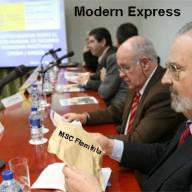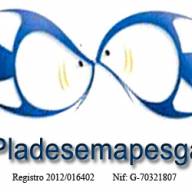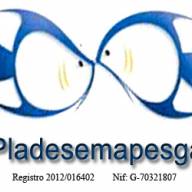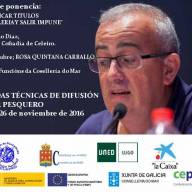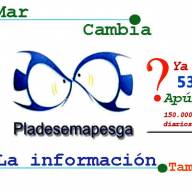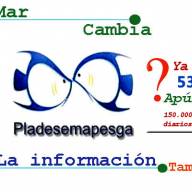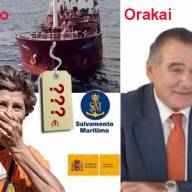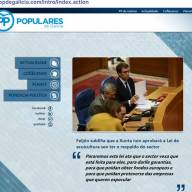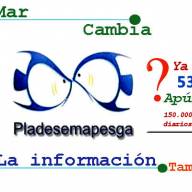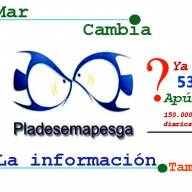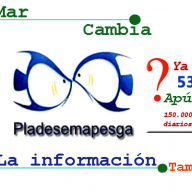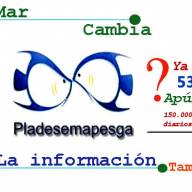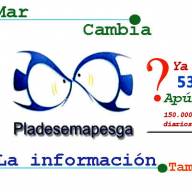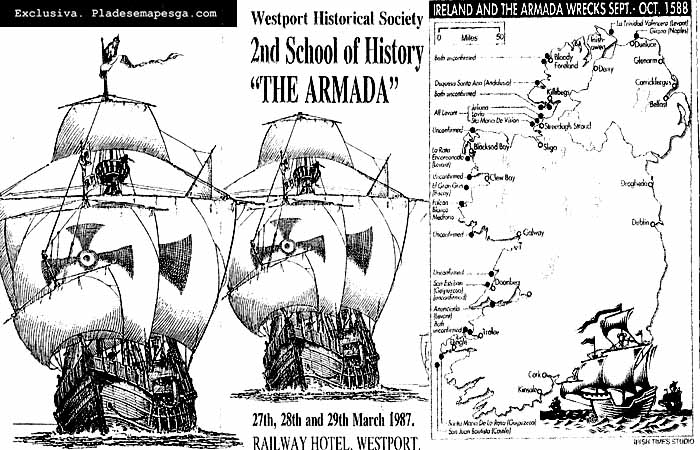 La Armada Invencible Fue la fuerza naval más grande de la Historia, y el rey Felipe II de España la formó para deponer a la reina Isabel I del trono de Inglaterra y recuperar su reino para el catolicismo. La Armada, contaba con 130 buques, con 8.000 marinos y 2.000 remeros, y más 19.000 hombres de guerra, zarpó de Lisboa; pero sus barcos, a propósito para la ruta de las Indias, no podían resistir los temporales de los mares europeos. La flota inglesa era más ligera y mejor artillada que la española: en el primer encuentro (21 julio) se advirtió su superioridad en maniobrar, España estaba perdida.
La Armada Invencible Fue la fuerza naval más grande de la Historia, y el rey Felipe II de España la formó para deponer a la reina Isabel I del trono de Inglaterra y recuperar su reino para el catolicismo. La Armada, contaba con 130 buques, con 8.000 marinos y 2.000 remeros, y más 19.000 hombres de guerra, zarpó de Lisboa; pero sus barcos, a propósito para la ruta de las Indias, no podían resistir los temporales de los mares europeos. La flota inglesa era más ligera y mejor artillada que la española: en el primer encuentro (21 julio) se advirtió su superioridad en maniobrar, España estaba perdida.
El rey Felipe II de España eligió a Don Alonso de Guzmán el Bueno, duque de Medina Sidonia para comandar la difícil y crucial expedición contra Inglaterra y el duque le responde: “Mi salud es pobre para tal travesía”, imploró el duque al rey en una carta de respuesta a la orden real, “pues debido mi escasa experiencia marina sé que siempre me mareo y siempre me resfrío… Dado que nunca tuve experiencia en la mar o en la guerra, no me siento merecedor de comandar una misión de tan grande importancia”. De todas maneras no tenía alternativas, pues era posible oponerse a la voluntad del rey.
Con trabajo titánico Don Alonso consiguió organizar la flota y y el 25 de abril compareció en la catedral para aceptar el estandarte que el ejército católico llevaría en batalla: una bandera con el escudo de armas de España, flanqueado por las imágenes de Jesús y la virgen María. Un rollo de pergamino contenía el lema de la expedición: “Alzaos, oh Señor, y vindicad vuestra causa. Para los españoles, ésta era una guerra santa que estaban destinados a ganar, a pesar de que los ingleses tenían navíos más veloces, mejores armas y más experiencia en el mar. Se preguntó a un alto oficial del duque la razón de su confianza en el triunfo. “Es muy simple”, respondió, “peleamos la causa de Dios.”
|
Friday, 20 May - Saturday, 28 May Revisiting the Spanish Armada's Irish Experience
|
|
The Spanish Embassy in Dublin is delighted to invite you to a programme of events on 20, 21, 22 and 28 May commemorating the Armada's Irish legacy. This initiative will shed light on one of the most noteworthy historical events linking Ireland and Spain, and debunk some of the myths surrounding it. Comprising lectures, discussion, a live radio broadcast by Spanish National Radio (RNE) and a historical re-enactment, this series of events will be delivered through the Instituto Cervantes.
Admission to all events is free.
Instituto Cervantes Dublin, Café Literario.
Booking required: Esta dirección de correo electrónico está siendo protegida contra los robots de spam. Necesita tener JavaScript habilitado para poder verlo..
Friday, 20th May, 6.30pm
Entitled The Spanish Armada: The Miracle that Never Happened, the first lecture will focus on Alonso Pérez de Guzmán y Sotomayor, 7th Duke of Medina Sidonia. He was the Commander-in-Chief of the naval expedition. It will be delivered by Leoncio Alonso González de Gregorio. A historian and current Duke of Medina Sidonia, de Gregorio is a direct descendant of the Armada's Commander-in-Chief.
The second lecture of the day, The Spanish Armada and the Irish: the Participation and Reaction, will be delivered by Irish historian and Hispanist, Dr Declan Downey. Downey is a member of the Royal Academy of History, Madrid.
The lectures will be followed by a discussion between the two historians, moderated by Rafael Soriano, Deputy Head of Mission at the Spanish Embassy in Dublin. The lectures and discussions will be delivered in Spanish and English with simultaneous interpreting.
Saturday, 21st May - Sunday, 22nd May, 7.30am-12.30noon
The Spanish state broadcaster, RNE (Radio Nacional de España) will broadcast its popular magazine programme No es un día cualquiera (Not just any day) live from the Instituto Cervantes on both days in Spanish. This live broadcast will be open to the public. The Duke of Medina Sidonia will feature among invited guests with an interest in Hispano-Irish shared history.
Saturday, 28th May, 12.15pm-1.15pm
The living history group Claíomh (meaning “sword” in Irish) will present a re-enactment entitled the Spanish Armada in Ireland at the Institute's Café Literario. This family-oriented event will depict the clash of Irish, Spanish and English cultures associated with the late 16th century with a strong visual impact through contemporary dress and associated detail. The performance will be given in English. Admission is free.
|




